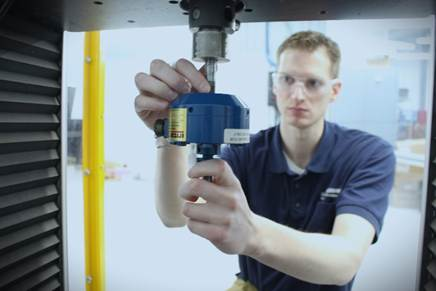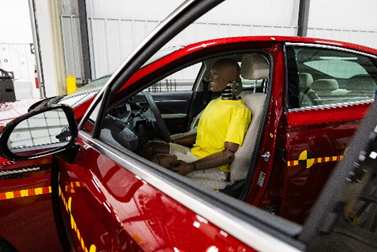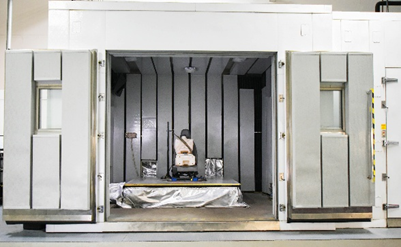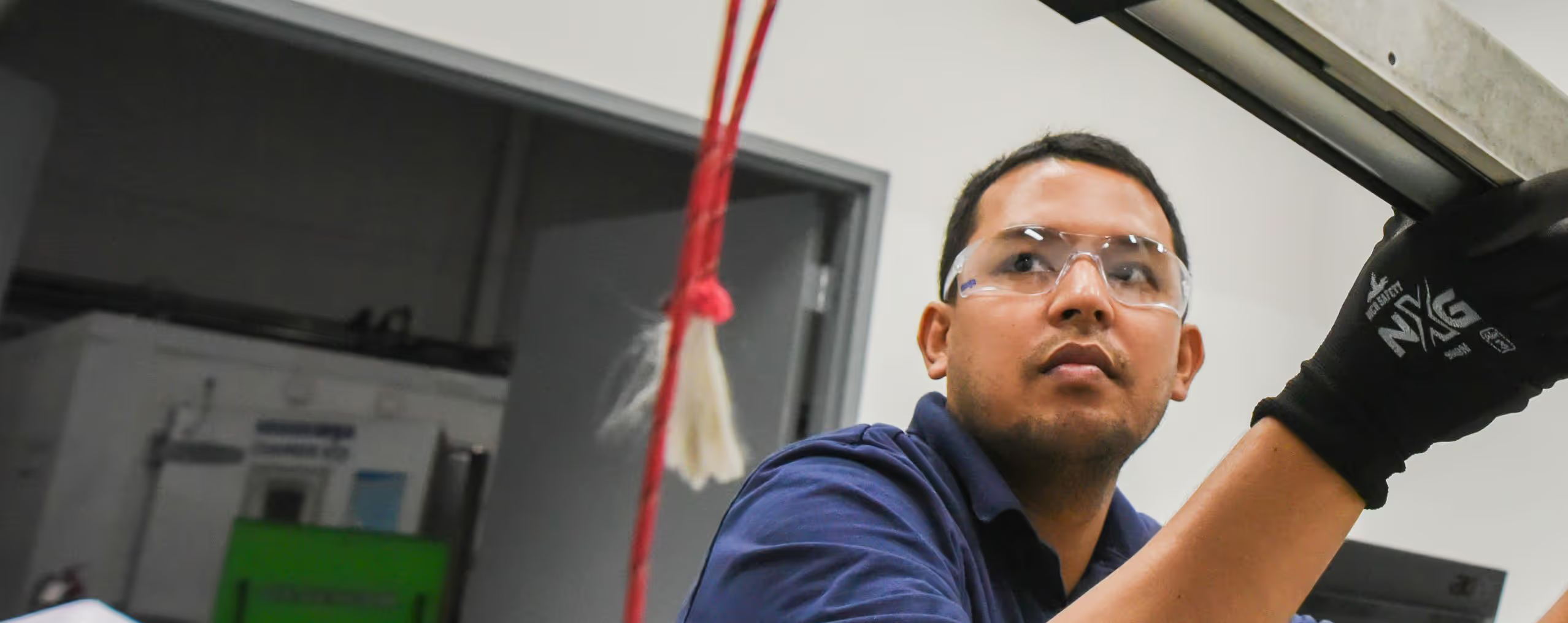Why Calibration is Critical in Automotive Testing
Oct 6, 2025

As the automotive industry continues to shift towards advanced technology, the increasing interest in electrification and the leveraging of automated systems, such as Advanced Driver-Assistance Systems (ADAS), could reshape the safety landscape. The emergence of new challenges with accurate data collection has become more relevant.
What is Calibration?

Calibration is the process of ensuring that a measurement device accurately converts electrical signals, such as voltage and current, into the correct engineering units via a conversion factor often referred to as “sensitivity”. It establishes consistency and reliability by verifying that the instrument provides stable readings over time, minimizing drift and maintaining accuracy throughout the calibration window. If something is out of order or disrupted, calibration comes in handy to detect unreliable equipment, and in some cases revert it to the correct recording.
Through calibrating equipment, such as chambers, instrumentation, or even ATDs, manufacturers and suppliers can ensure their test results remain accurate, repeatable, and trusted. In turn, a positive impact is created through safer vehicles on the roads. In fact, to meet global requirements, such as FMVSS and UN ECE, instrumentation must be calibrated and traceable to the National Institute of Standards and Technology (NIST) under a controlled environment, maintaining an ISO 17025 accreditation.
Where Calibration Matters
Calibration is necessary in many areas of industry, particularly when it comes to any and all readings, such as time, displacement, weight, force, acceleration, or torque. Some examples include:

Crash Testing
Sensors and data acquisition must be precisely calibrated.

Battery Testing
Voltage, current, and thermal measurements need reliable calibration to ensure safety and consistency.

Durability and Vibration
Load cells, accelerometers, and environmental chambers must be able to replicate real-world conditions accurately.
Without calibration, results can be misleading and lead to risks associated with high costs.
How MGA Supports the Automotive Industry
MGA has a longstanding presence in the automotive industry. With nearly 50 years in the industry as a trusted testing and equipment solutions supplier, we have made strides in innovation to meet evolving consumer needs. Through reliable and traceable calibration, we ensure the highest quality of testing and trust the accuracy of our test data. We understand both industry demands and the importance of calibrations in advancing safety mechanisms.
We look forward to our upcoming article, where we will share updates on how MGA has expanded its calibration capabilities across the company to uphold the best solutions to our partners’ needs.

Ready to Get Started?
Let's discuss your testing needs and how MGA can help. Our team is ready to provide the expertise and solutions you're looking for.
